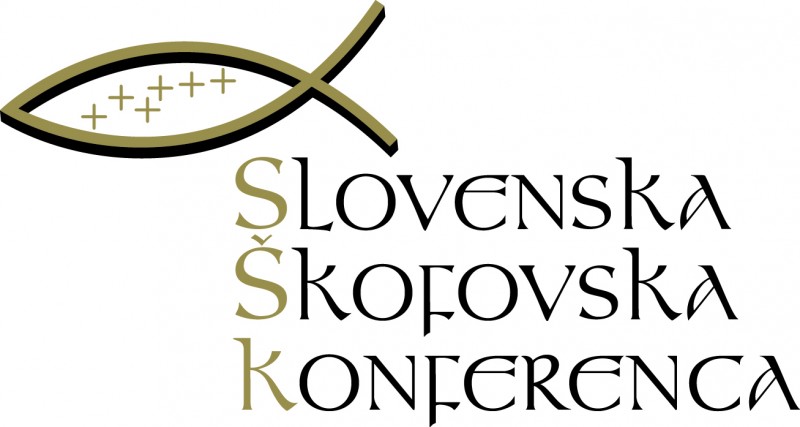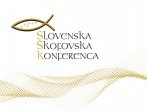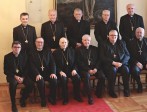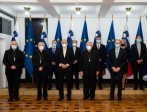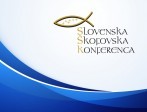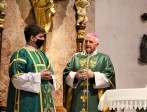The Slovenian Bishops' Conference (SBC) welcomes the decision of members of the National Assembly and the government coalition to adopt the Intervention Measures Act to Help Mitigate the Consequences of the Second COVID-19 Epidemic (PKP7) on Tuesday, December 29, 2020, and thus support the social situation of religious employees during the Epidemic.
The allocation of basic income and the coverage of social security contributions for religious employees in PKP7 are the income of religious employees as Slovenia citizens and not of an individual church or other religious community. Like all Slovenian citizens, religious employees pay personal income tax and other taxes when performing activities in the human right to spiritual care, charity, and preservation of Slovenia's sacred cultural heritage. Religious employees do not carry out these activities on the market, and they are generally beneficial; therefore, it is just that the state should provide for their social security. In the same way, the following EU countries take care of the social security of their religious employees: Austria, Germany, France (Alsace and Lorraine), Italy, Denmark, the Czech Republic and Croatia. Such an arrangement is entirely in line with the Slovenian constitutional order. Namely, in 2010 the Constitutional Court of the Republic of Slovenia ruled that the allocation of financial assistance to registered churches and other religious communities for the payment of social security contributions of their employees constitutes a permitted state activity in the field of human rights to freedom of religion (UI-92/07-23 of April 15, 2010, 206). Therefore, at SBC we continue to expect that after 30 years, the state will systematically and permanently regulate the social security of religious employees of all registered churches and religious communities and equate them with independent cultural workers.
Dr Tadej Jakopič
SBC spokesperson

